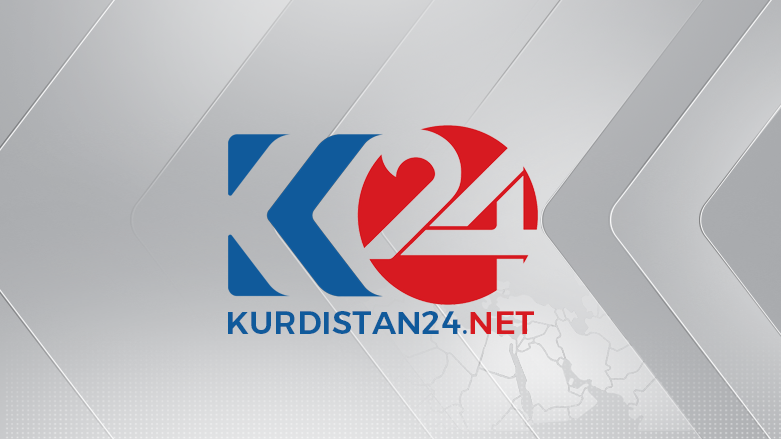Putin vs. Erdogan: An Opportunity to Seal the Syrian Border and squeeze ISIS

Dr. Laurie Mylroie
It is difficult to understand what Turkey's President Recep Tayyip Erdogan was thinking when he authorized Turkish fighter jets to shoot down a Russian warplane last week. Perhaps, he hoped to thwart the “Grand Coalition” against ISIS that France is seeking to build. Perhaps, Turkish pilots thought those were Syrian planes that crossed into Turkish airspace, as one Turkish account suggests. Erdogan and Russian President Vladimir Putin share a lot in common, but in any confrontation between Erdogan and Putin, Erdogan will almost certainly lose as Russia is the bigger, stronger power, and Putin is the more cunning, calculating and steely figure. So, possibly, some good can come from this confrontation.
On September 28, Putin addressed the U.N. General Assembly—the first time in a decade he has done so. His speech proved the opening salvo in a major Russian initiative, both military and diplomatic. Putin lambasted the U.S. for aggressively promoting democracy, equating that with the Soviet export of Communism: an intolerant insistence on one system for all. “Instead of the triumph of democracy and progress,” Putin stated, “we got violence, poverty and a social disaster.” A “power vacuum” led to “areas of anarchy,” which were quickly filled with “extremists and terrorists,” he claimed.
Already in early September, Russia quietly began its military build-up in Syria. Washington warned Moscow against supporting Bashar al-Assad’s regime. Russia ignored those warnings and just two days after Putin’s speech, Russian airstrikes in Syria began, dramatically shifting the balance of power there.
Russia claimed to be fighting ISIS, but its airstrikes primarily targeted groups fighting the Syrian regime, including those supported and armed by the United States. However, when ISIS bombed a Russian passenger plane a month later, Russian warplanes began hitting ISIS targets as well. The bloody terrorist attacks in Paris two weeks later brought France and Russia into the same camp: ISIS was an immediate threat and had to be destroyed now. French President Francois Hollande visited Washington and Moscow urging the creation of a new Grand Coalition against ISIS that would include Russia as well as the western powers.
By intervening in Syria, Putin has established Russia as a key partner in any political settlement and bolstered the once faltering position of the al-Assad regime. To a significant extent, he has also softened European opposition to Russia's aggression against Ukraine. Like the judo master he is, Putin leveraged a weak position through calculated, decisive action to emerge stronger in two theaters: the Middle East and Europe, and he did so in defiance of the United States. Comparatively, Erdogan is a babe in the woods.
Ankara apparently realizes that it overstepped in shooting down the Russian plane. After all, it was only in Turkish airspace for seventeen seconds, and not since the Korean War, has a NATO country shot down a Russian plane. While NATO formally backed Turkey, its support has not been strong.
Putin demands an apology from Turkey’s strongman, but as Putin knows, a strongman cannot apologize without appearing weak. The most that Erdogan has managed to say is, “We feel really saddened.” But that is not an apology or admission of error, so Russia has imposed punitive economic sanctions.
This current situation carries significant risks, as Russian-Turkish tensions could escalate. However, an opportunity also exists. Turkey has long turned a blind eye to ISIS’ activities, if it did not actively support them. ISIS depends on Turkey for access to the outside world. Sealing the Turkish-Syrian border would deliver ISIS a strong blow. Last summer, the U.S.-led coalition was on the verge of doing just that. After liberating Kobani, Kurdish forces, backed by U.S. airstrikes, pushed west. In early July, they succeeded in driving ISIS from Tel Abayd, a key crossing point. Only a sixty-mile border strip remained under ISIS’ control.
But just then, Ankara agreed to allow Incirlik airbase—also just sixty miles from the Syrian border—to be used for airstrikes against ISIS. That significantly reduced the time coalition warplanes need to reach their targets. But there was a price: ending the successful Kurdish offensive against ISIS.
France and Russia have called for closing the Turkish-Syrian border, and the U.S. is pushing Ankara as well. As one Obama administration official explained, “Enough is enough. The border needs to be sealed...this is an international threat, and it’s all coming out of Syria and it’s coming through Turkish territory.”
With Erdogan under unprecedented pressure, he might be more amenable to doing that. If not, other tools exist. The Security Council is now seized of the ISIS threat. A U.N. resolution calling on Turkey to close the border, reinforced by the threat of more general sanctions, if it does not, is a real possibility. Any Security Council member—including France and Russia, as well as the U.S.—could raise the issue. That could well be the easiest way to take the most decisive step toward destroying ISIS.
Laurie Ann Mylroie, Ph.D., taught at Harvard University and the U.S. Naval War College. Most recently, she served as a cultural advisor to the U.S. military in Afghanistan.
